Controversies in the Earth Sciences
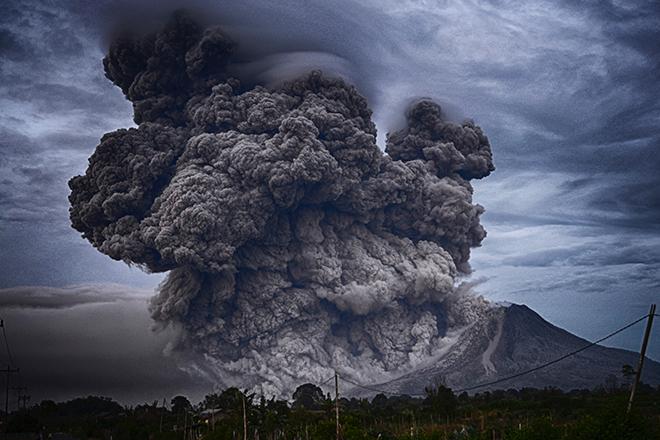
Credit: Ashers, volcano, eruption, landscape 1867440 by Pexels is licensed under CC0
Resource Description
Think science has all the answers? Think again. This course will use real, authentic data to explore and investigate modern controversies in Earth Sciences. Use tide gauge records to understand how countries around the world attempt to protect themselves from tsunami events. Process seismic data to predict earthquake recurrence in the New Madrid seismic zone, right here in the breadbasket of the US. Sort through the millions of years of the geologic timeline to shed some light on what actually did, and did not, kill the dinosaurs. Finally, use global atmospheric data to understand how misrepresentation of data can be used to paint a distorted view of past, present, and future climate. This course is no longer being offered for credit and has not been updated since 2018. Learn moreEnergy and the Environment

Credit: Home Energy by George Hodan is licensed under CC0 1.0
Resource Description
Our world runs on energy - without it, things come to a screeching halt, as the recent hurricanes have shown. Ever stop to wonder what our energy future is? What are our options for energy, and what are the associated economic and climatic implications? In "Energy and the Environment" we explore these questions, which together represent one of the great challenges of our time - providing energy for high quality of life and economic growth while avoiding dangerous climate change. This course takes an optimistic view of our prospects, and we'll see how shifting to renewable energy can lead to a viable future. Learn moreEssentials of Oceanography
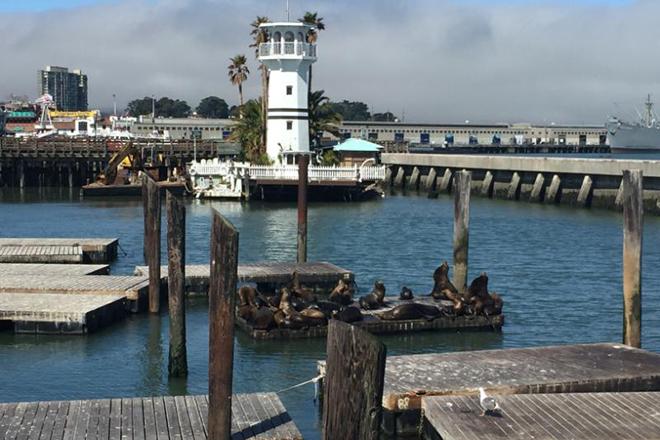
Credit: E. Rubio © Penn State University, is licensed under CC BY-NC-SA 4.0
Resource Description
The year is 2050 and your once-idyllic beachfront vacation home is now flooded up to the second story. The crab your family has enjoyed every Christmas for as long as you can remember has now become an endangered species. The oceans have changed. In EARTH 540, Oceanography for Educators, we explore the mechanisms that lead to sea level rise and ocean acidification. We strive to understand how natural processes such as ocean currents, the gulf-stream, tides, plate tectonics, and the Coriolis Effect, affect our oceans and ocean basins. We then predict how man-made issues such as climate change and overfishing will affect our beloved waters and our livelihoods. This course is no longer being offered for credit and has not been updated since 2019. Learn moreFrom Meteorology to Mitigation: Understanding Global Warming
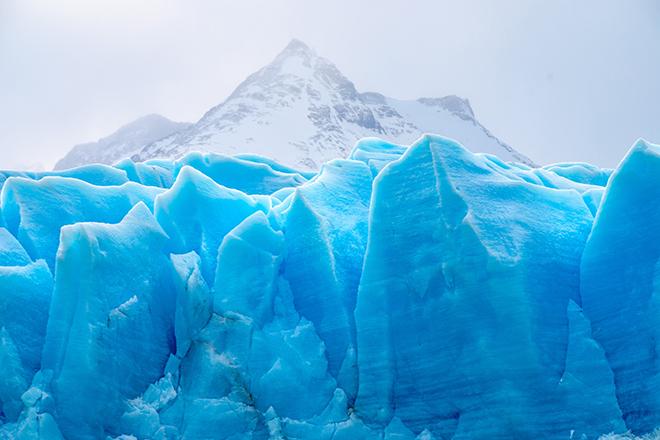
Credit: Blue Icebergs Under Cloudy Sky by Pixabay is licensed under CC0
Resource Description
Human-caused climate change represents one of the great environmental challenges of our time. As it is inextricably linked with issues of energy policy, a familiarity with the fundamentals of climate change is critical for those looking to careers in the energy field. To appreciate the societal, environmental, and economic implications of policies governing greenhouse gas emissions, one must understand the basic underlying science. METEO 469 serves to lay down the fundamental scientific principles behind climate change and global warming. A firm grounding in the science is then used as a launching point for exploring issues involving climate change impacts and mitigation. Learn moreGeodesign History, Theory, Principles
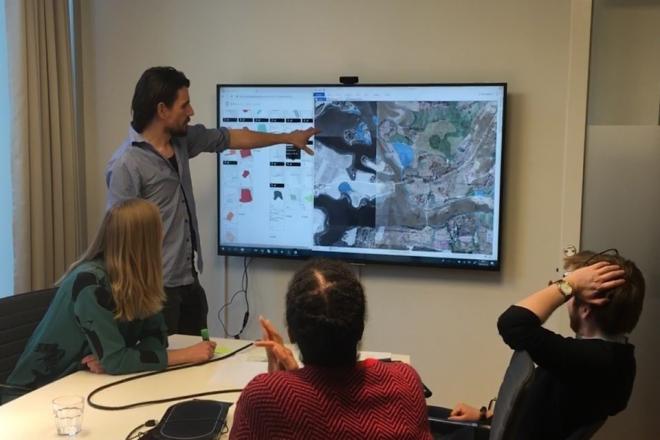
Photo credit: Filip Linders, MSF/Doctors Without Borders/Swedish Innovation Unit (used with permission)
Resource Description
Do you believe that we can be more creative in planning our communities and protecting environments for a sustainable future? Would you like to learn a method to make a difference? One that empowers stakeholders and reduces conflict? Geodesign delivers creative solutions for environmental, economic, and social issues. This method works collaboratively across disciplines, deploying innovative technology to dynamically illustrate the impacts of alternative design scenarios. Geodesign is rooted in the physical design professions coupled with social and geographic sciences and enhanced by the latest technologies. GEODZ 511 introduces students to the multifaceted, well-proven geodesign framework grounded in a series of key decision-making steps. It emphasizes understanding both people and place through a unique collaborative method. Students learn how to work through the steps of the geodesign framework and begin to understand the process needed to make wise choices for today’s urban and rural design and planning challenges.
Learn moreGeology of the National Parks
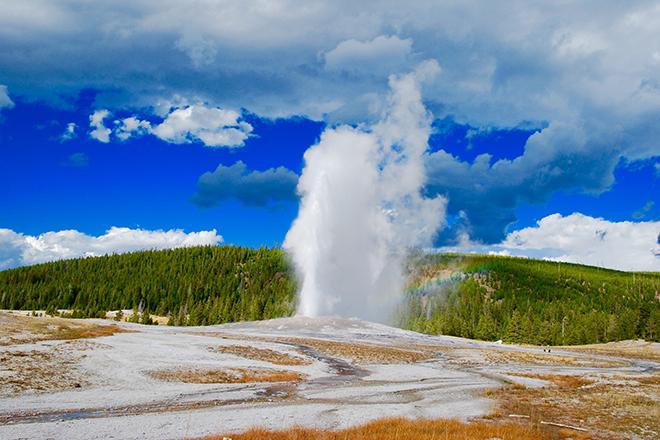
Credit: Geyser With Green Field Background by Damon Holle is licensed under CC0
